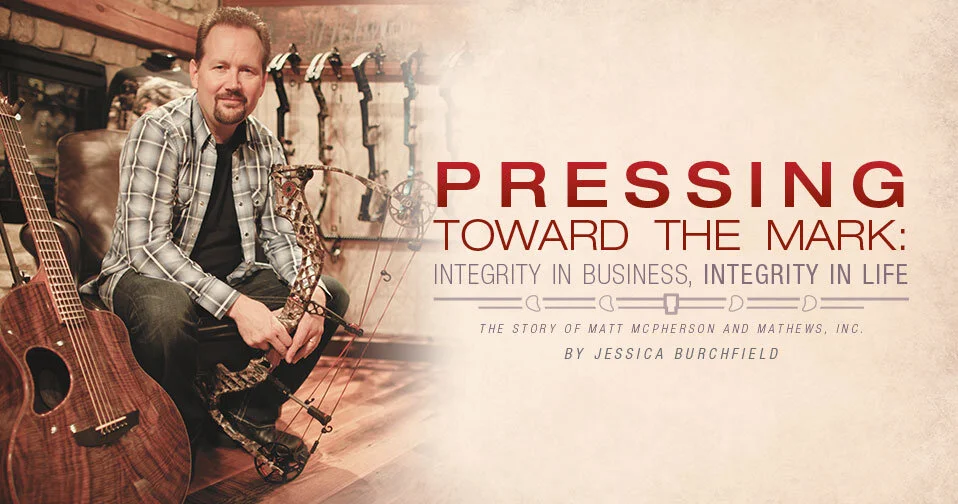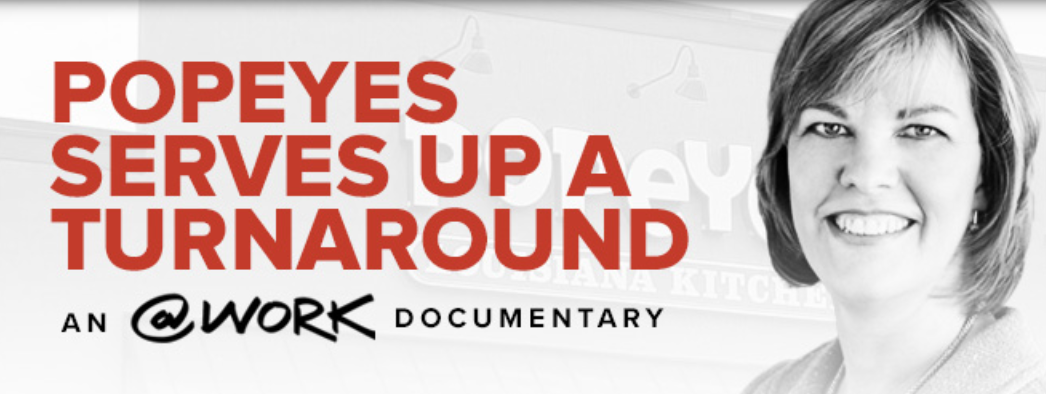Moving Toward Redemptive Action
This article was originally published here by Praxis Labs
— by Jon Hart
Recently, I had the privilege of speaking with several audiences at a liberal arts college. I began my talks by posing a question: “What is going on in the world?” The first answer (from students) came quickly and definitively: “chaos.”
Later that day, I offered the same question to a group of professors, and sure enough, the first answer: “chaos.”
If that was the sentiment on a beautiful, serene campus where the primary work is to teach and to learn, we shouldn’t be surprised how true it feels everywhere — in our work, in our communities, in the news we absorb everyday, and (especially) in the wilds of social media. We’re experiencing a growing collective helplessness that the problems we face in our world are increasingly complex and we don’t know where to turn for solutions.
In the face of this sense of powerlessness amidst chaos, I believe that now more than ever, each of us needs a robust vision for how our work can be a vehicle for redemptive possibility: to bring a little more beauty and justice into places of brokenness and harm, and to bless others in the process.
In fact, in the six years since starting Praxis Academy — our work with next-generation founders, builders, and creatives — I’ve had the privilege of working with hundreds of college students and recent graduates asking important questions about their vocational choices: How can I have the most impact? How can I make use of the gifts God has given me? How can I learn what it is “really like” to express my faith through my work in my chosen field? Are some fields or professions more redemptive than others? Should I start my own venture or join one? Can I work redemptively and entrepreneurially if I’m not a founder, or (especially) if I’m trying to move up in a large organization?
Over time, I’ve come to see that these questions aren’t just for graduates searching for their first job out of college. In fact, many within the Praxis community and beyond are asking these questions at various points of their working lives. Each career path is as unique as the individual, so there is no standard formula here. Rather, I’ve identified three moves that nearly anyone can pursue throughout one’s career: developing a holistic vision for work across the Redemptive Frame, taking action within your agency, and increasing your agency by seriously considering starting or joining a startup.
Related articles
What does it look like to put God at the center of your business? When we see our workplace as an opportunity to bring hope and life to people that desperately need it, it changes everything. Our job is to live faithfully and obediently wherever He has placed us.
Let me introduce you to Tim. Tim was the ideal model for anyone asking how to be a great car salesman. And he exemplified the two traits I think all business people should have regardless of industry.
BAM is a relatively new term, but is based upon biblical concepts. The BAM concept is holistic in nature and content; it is built upon the truth that God has the power to transform people and communities spiritually, economically, socially, and environmentally.
God’s revelation of Himself to us in the Word isn’t an adapting of Himself to us, it is rather a revelation of who He is that includes a call for me to repent, believe and follow, by the work of the Holy Spirit.
This image of planes hurtling down a carrier’s swaying deck and launching into the open sky is precisely what graduation is all about.
The only WHY that can truly sustain work and ministry simultaneously is the only purpose for which we were created—to glorify God. And we glorify God by loving what God loves.
What if we could have healthy debates in which we first have to clearly articulate the position of the other side? What if we sought common ground—rather than standing our ground?
Christians in the business world have a dynamic opportunity to utilize this model and have far-reaching influence into the greater global culture. Business has an important role to play in shaping societies, communities, and households. In short, business and arts are callings that shape culture.
Imagine the possibilities if generations of entrepreneurs and scholars were deeply rooted both in their confidence to integration their faith in their work, and also in a community of believers who supported them in it!
Ministry in word is a foundational mark of the Faith Driven Entrepreneur. Here’s some inspiration for starting a workplace faith community.
So maybe you are headed toward starting the next unicorn company, but right now the Lord has you tending the flock. Maybe you’re called to serve the boss that’s got a temper, and while you know you’re next in line for his job, you honor his leadership in the waiting.
I have become convinced that humility is God's secret weapon to thwart the ultimate enemy of pride and bring pockets of heaven to earth. If I can focus on how Jesus must increase and I must decrease, then God will, without fail, use me for his purposes. Easier said than done.
You see, HOPE Coffee is a coffee company with a heart for missions. With roots as a ministry to coffee farmers and families who live in their communities, HOPE Coffee is devoted to meeting needs while sharing the hope of Jesus.
“Whatever you do, eating or drinking or anything else, everything should be done to bring glory to God.”
Lecrae Devaughn Moore — better known simply as Lecrae — has always valued his independence.
What if faith-driven entrepreneurs, not just in the U.S. but worldwide, went all-in to commit their creative talents and abilities to advance God’s kingdom and be the agents of change for justice, equality and eradication of poverty?
When God calls our name as leaders, He is not looking for a weak response of “I’m here”. He’s not interested in the bored or quiet “here” that we sometimes utter when we’re called upon to sound off in travel groups or classrooms. God is looking for us to say “Here I am” with gusto.
A modern day Christian Renaissance Man, Matt McPherson is the founder and CEO of both Mathews Inc., the largest bow manufacturer in the world, and McPherson Guitars, a leading name in the music industry for hand-crafted acoustic guitars
As Christians, we can’t say we are seeking to love our neighbor as ourselves and then do our work with mediocrity. Think of the extreme example of a Christian doctor.
God builds godly character in us by guiding and enabling us to choose righteousness throughout the years of our lives. The internal effect of godly character is that it reforms our mindset and our will.
Applying biblical principles to shape best practices in business may sound challenging or scandalously illegal, but it’s surprisingly achievable and worthwhile. And while this view of stewardship may seem to be an ethereal, fluid concept, ministry can be objectively measured with worthy metrics of success much like any other dimension of thriving business.
Watch how Todd Stewart, this 2nd generation CEO of a $160M logistics company, saw his faith transform his workplace culture to have employee engagement soar over 70% as they sought to honor Christ by how well they steward people.
When Cheryl Bachelder took the helm at Popeyes Louisiana Kitchen, sales and profits were declining and shareholders and franchisees were unhappy. Today, sales are up, profits are up, and Popeyes stock has leaped from $13 on Cheryl's first day on the job to consistently over $50 per share today. So what's the secret ingredient to Popeyes’ turnaround? RightNow Media presents an @ Work Documentary that looks at how Cheryl's unique strategy of servant leadership proved to be a recipe for success.
What does it mean for the “Kingdom of God,” or more contemporarily the “Jesus Administration”, to intersect the American Marketplace? What would it mean for followers of Jesus in the marketplace to embrace the scandalous invitation of the Lord’s Prayer in business? Using The C12 Group’s 5 Point Alignment Matrix, Mike Sharrow shares how business must be intentionally and lovingly integrated into faith that permeates our leadership development efforts as an organization.
From Seattle Pacific University's Faith & Co., this short business documentary profiles Victor Ho, who founded Fivestars with the mission of “transforming transactions into relationships.” When the start-up hit a rough patch and needed to lay off 50 people, Victor felt compelled to take an approach that was consistent with the company’s values: humbly admitting his mistakes, honoring the workers’ contributions, and mobilizing the entire firm to help those being displaced.
Fintech continues to advance rapidly, impacting people all over the world. Chris’s journey into fintech has taught him that whether we are engaging it as a user, a seller, or even a creator, Christians must approach this technology with self-control and surrender to the Lord. His journey begins with using fintech, to selling it, to finally creating it. His article was one of CEF’s 2019 White Papers.
In this video, we take a look at why Prime Trailer gives its employees an entire paid day off to go out and serve the needs they see in their community! CEO Wes Gardner encourages other business owners to let their people be themselves—to do what they’re excited about in their jobs and in their community.
In moments of crises, the core of who you are is fully exposed and the deeply embedded values of your culture take over. For Vermeer, 70 years of a biblically-based culture turned into action immediately after a tornado struck in 2018. Since then, they’ve celebrated a year of record sales and growth across their business. This article was one of CEF’s 2019 White Papers.
——
[Picture Courtesy Reach Records ]






























As believers and business leaders, the curious question of artificial intelligence (AI) is one facing each of us. In what ways should we embrace this generational revolution? In what ways should we reject it?